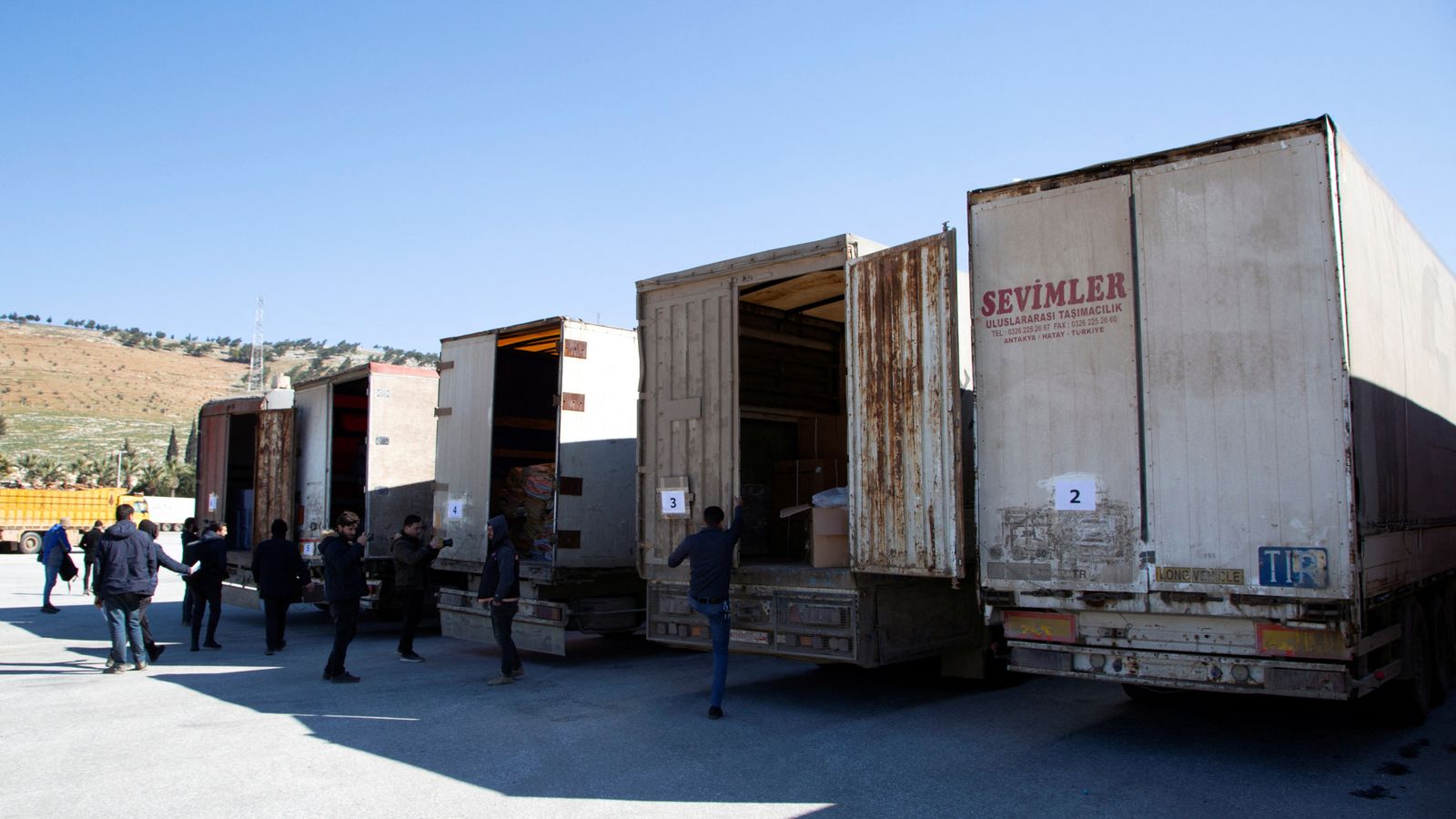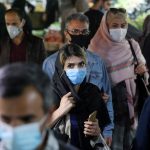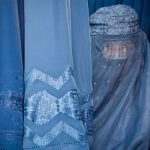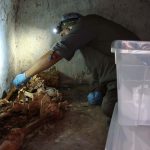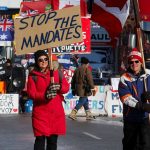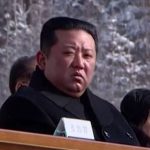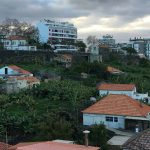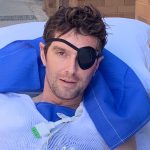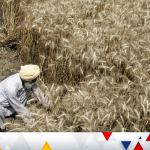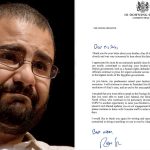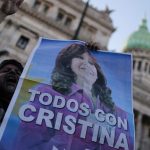Providing extra border crossings from Turkey into Syria is an “open and shut case” on humanitarian grounds following the catastrophic “mega” disaster, a UN aid chief has told Sky News.
Stressing the urgency of the situation, Martin Griffiths said additional corridors were needed now to bolster the amount of assistance reaching the stricken earthquake-hit region and save lives.
The UN’s emergency relief co-ordinator was speaking to Sky’s Kay Burley as he heads to the capital Damascus to press for action.
He is seeking authorisation by the UN Security Council to open up more crossing points, which Russia – a key ally of the Syrian regime – has previously blocked.
Security ‘rapidly deteriorating’ in Turkey as death toll passes 28,000 – Earthquake latest
More than 3,500 people died in the earthquake in Syria, where a 12-year conflict had already left hundreds of thousands dead and forced millions to flee.
The civil war has split the country into competing zones of control, making aid provision difficult even before Monday’s 7.8 magnitude quake, which struck the border region of Turkey and Syria.
The Syrian government, which is under Western sanctions, has appealed for UN aid while insisting all assistance must be coordinated with Damascus and delivered from within Syria, not across the Turkish border into rebel areas.
Some observers have accused Damascus of directing aid towards loyalist areas.
Mr Griffiths said he was looking to ramp up the existing relief effort to Syria.
He said: “It’s a huge operation… but it’s now going to be at a level and a pace above what was the case before the earthquake.
“We are also looking for authorisation from the security council to open up a couple of extra crossing points to maximise the volume of supplies we get through to the people of the northwest.”
Please use Chrome browser for a more accessible video player
He added: “Frankly it’s an open and shut case on humanitarian terms, why we need those extra crossing points now to save lives and to provide some sort of assistance to the people as they come into the post-rescue phase.
“So I hope it’ll go through. I think we’ll find out in the next couple of days.”
Cholera warning
Fears were also rising over a health emergency.
Mr Griffiths said: “It’s typical in a natural disaster like this – this is a mega one, of course – that what happens is that the water supplies get tainted. You start getting diseases.
“Cholera is already in existence in northwest Syria ready to go viral if we can’t get adequate supplies of safe water.
“Making sure that water supplies work, electricity and so on and so forth, that means also help to provide spare parts for pumps.
“There’s sometimes some limits imposed by sanctions. We have to make sure that doesn’t happen.”
Please use Chrome browser for a more accessible video player
Read more:
Number of earthquake dead expected to more than double, says UN aid chief
Family of five trapped for 129 hours pulled from rubble
Horror, brief happiness, then heartache in search for three sisters under collapsed building
He added: “There should be no politicisation and political choice between where the aid goes. It should be according to need.”
He also expressed concern over the deteriorating security situation in Turkey, which has seen some aid organisations suspend operations
Frustration is growing among those trying to survive in freezing temperatures with dwindling supplies of food and medicine.
Please use Chrome browser for a more accessible video player
‘Really alarming’
While describing it as “really alarming”, Mr Griffiths said: “We could see this tension and it’s not surprising, is it? Given the extraordinary stress of hoping and waiting and longing to find people who are still under the rubble.”
Speaking to Sky News’ Sophy Ridge On Sunday programme, Foreign Office minister Andrew Mitchell said aid was getting through to Turkey, but added: “It is in Syria the international community is far more stretched.”
‘Very deep jeopardy’
He added: “We were able to get through the one crossing that is open for the UN, but that crossing too was badly damaged in the earthquake and because of the Russian veto the UN cannot use the other three crossings out of Turkey into Syria.
“It is in Syria that the real problems lie.”
Given the lack of infrastructure and organised support, people faced “very deep jeopardy”, Mr Mitchell warned.
